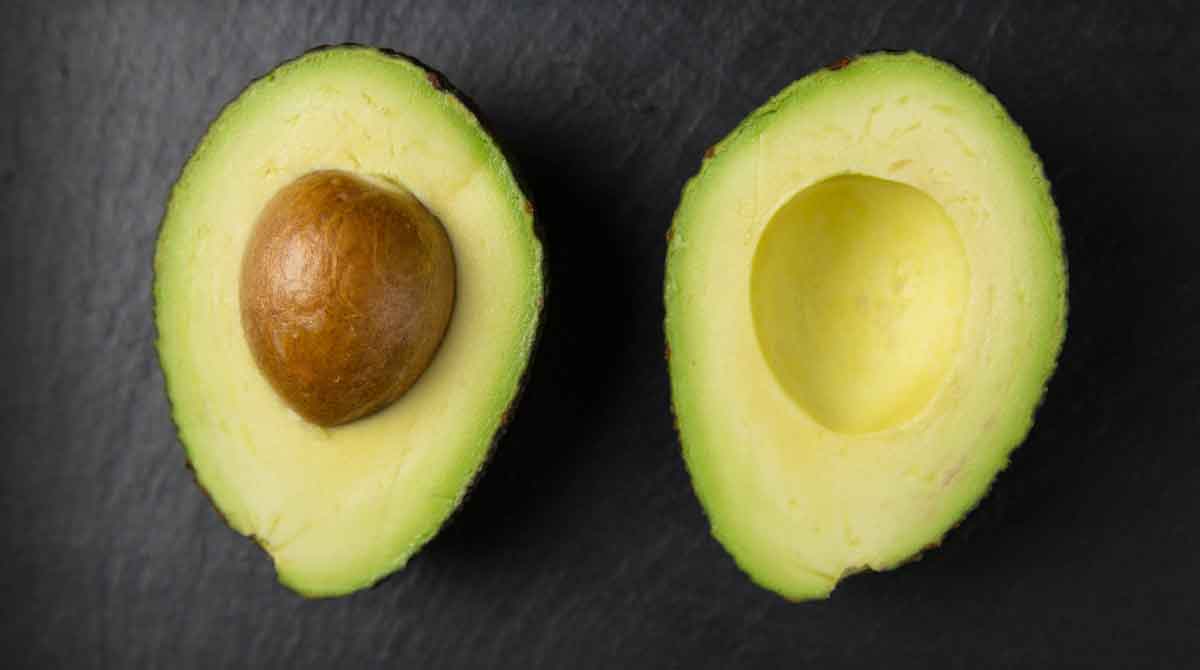
Diet is one of the pillars of health and well-being, and as such, can be the solution for certain conditions, including the dreaded gas and bloating.
+ Does sugar-free soda help maintain weight?
+ 10 myths and truths about botox
+ Intimate surgery enthralls Deolane and other celebrities; learn everything about the procedure
The symptoms, often related, are usually not a cause for concern, but they can cause discomfort.
Dietitian Samantha Cassetty emphasizes that poor diet can be one of the main causes of gas and bloating. However, the right choices can reverse the conditions.
According to her, excessive consumption of sodium (salt) and low potassium (a mineral found in fruits and vegetables that helps balance sodium) may have a direct relationship with the symptoms. Therefore, a balanced diet and adequate water intake (at least two liters daily) are fundamental, as emphasized by dietitian Torey Armul.
To get rid of gas and bloating, the specialists suggest 15 foods; see the list:
1 – Yogurt
Yogurts, especially Greek ones, are probiotics — essential bacteria for gastrointestinal health. In addition, as studies indicate, they act in reducing abdominal bloating, even in people suffering from irritable bowel syndrome (IBS).
2 – Ginger
Considered a herbal medicine, ginger has anti-inflammatory properties and, therefore, is an option to eliminate bloating and gas and soothe the digestive system.
3 – Fennel
Fennel is also recommended by experts. In addition to eliminating both symptoms, it is a natural diuretic, rich in antispasmodic and anti-inflammatory properties.
4 – Banana
Among the fruits, the banana stands out against bloating and gas, thanks to its high level of potassium. “Foods rich in potassium help eliminate sodium and water,” nutritionist Jessica Cording reiterates.
5 – Lemon
The popular recipe of water with lemon can also be an efficient option. According to Tara Coleman, a clinical nutritionist, the acidity present in the fruit’s juice is similar to the digestive juices of the stomach and, therefore, can help relieve bloating and other symptoms of indigestion.
6 – Avocado
Avocado is a source of potassium and antioxidants, nutrients that act in reducing bloating and improving intestinal health.
7 – Cucumber
Rich in water, cucumber aids hydration and helps eliminate excess gas from the gastrointestinal tract. Additionally, it contains sulfur and silicon, substances that act as natural diuretics.
8 – Kiwi
Cording highlights kiwi as a great source of the enzyme actinidin, which helps speed up digestion. Consuming two units of the fruit can enhance potassium and fiber intake and combat bloating and stomach ache caused by constipation.
9 – Papaya
Papaya is well known as an ally to the intestine, thanks to its composition of papain enzyme, water, and fibers, which help “break down the foods” consumed, combat inflammation, promote digestion, and minimize bloating.
10 – White Beans
Unlike other types of beans, white beans can prevent bloating and constipation, as they “are really rich in potassium, which helps balance sodium levels in our body”, points out dietitian Keri Gans.
11 – Pineapple
Rich in water and bromelain (an enzyme), pineapple promotes digestion, “breaking down proteins in the stomach that can cause bloating”, explains Keri.
12 – Beetroot
In addition to fewer calories, “a cup of beetroot has more potassium, fiber, and protein than a medium banana,” points out Armul.
13 – Oats
Experts clarify that all whole grains contain fibers that combat bloating. However, oats stand out. “Having it first thing in the morning will help you evacuate sooner, so that you feel better all day,” declares dietitian Brigitte Zeitlin.
14 – Watermelon
Composed of 90% water, watermelon is an excellent hydration option and, therefore, promotes the fight against bloating. Additionally, the fruit is a source of vitamin C and beta-carotene, which prevent chronic diseases and calm bloating triggered by inflammation, according to research.
15 – Mint
“Most research is about peppermint oil taken as a supplement or capsule, but mint leaves are traditionally used for digestive benefits at the end of a meal,” concludes dietitian Marisa Moore.

